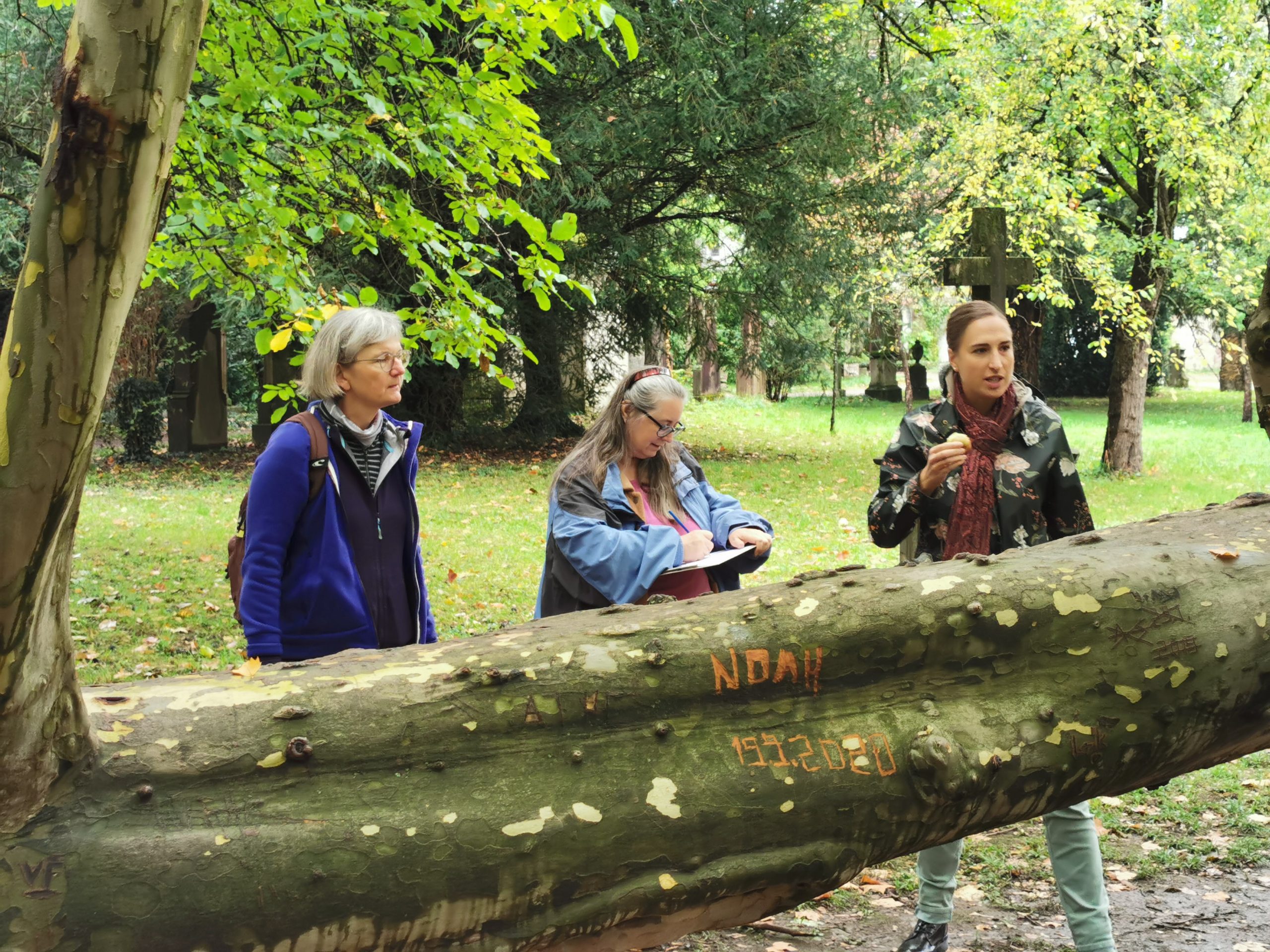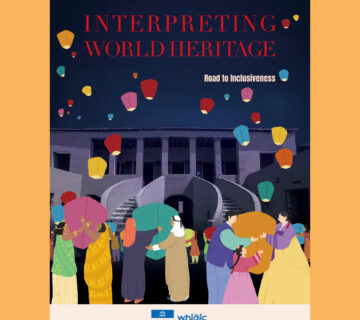How to inspire and convince people that something might be really relevant? With convincing facts and plausible conclusions, or something more?
Showing students protected ecosystems, beautiful landscapes, threatened plant species and promoting nature protection is really a fulfilling and very satisfying thing to do. Helping prospective scientists and teachers on their way in education and making them aware of their own responsibility for our natural heritage, both as private persons and in a wider society, is responsible and reasonable.
But through all my years as a teacher, there had been a kind of blind spot in my teaching whose existence I felt rather than knew. While handing knowledge and facts to a next generation of biologists there had been something missing from my perspective. Nevertheless, I improved my field guidance through self-teaching over the years, because experience and audience brings some knowledge automatically and naturally by trial and error, but only in slow motion.
At some point I figured out that I had to give knowledge and amazing facts an emotional impact to some extent, to give it a certain weight, because humans are very often influenced by their emotions in decisions of what to do and what to pay attention to, and do not only make decisions with their mind – according to my experience.
There has to be an impulse to protect heritage, not only a rational reasoning. Convincing facts and plausible conclusions alone will not cause motivation on its own terms. A feeling of being convinced of doing the right thing is absolutely necessary as a driving force in comprehensive learning and in conservation.
By joining the Interpret Europe Certified Interpretive Guide course I finally found the missing link for my teaching after sixteen years. At last a theoretical backbone for the didactics of guiding in the field.
Interpretation gives a theoretical model for field guidance. It can be very helpful and useful also in university teaching because it points out and underlines general correlations between phenomenon, guide and audience. It gives many tools to improve the presentation of heritage, regardless of the occupational framework one is in.
From my point of view, interpretation is a huge enrichment even for university teaching, and I’m very happy and grateful for having found my personal missing link after so many years.
Alexandra Boeminghaus is a biologist working at the Albert-Ludwigs-University of Freiburg in South Germany. Since 2004 she has been teaching and showing Biology students plant species, plant communities, natural field sites and natural heritage sites during the summer semester. She can be contacted at: alexandra.boeminghaus@biologie.uni-freiburg.de.
To cite this article:
Boeminghaus, Alexandra (2020) ‘Interpretation in university teaching as a missing link’. In Interpret Europe Newsletter 4-2020, 10.
Available online: https://www.interpret-europe.net/fileadmin/Documents/publications/Newsletters/IE_newsletter_2020_4_winter.pdf




